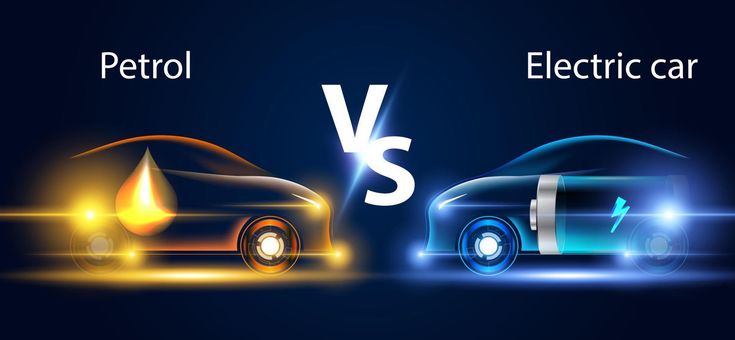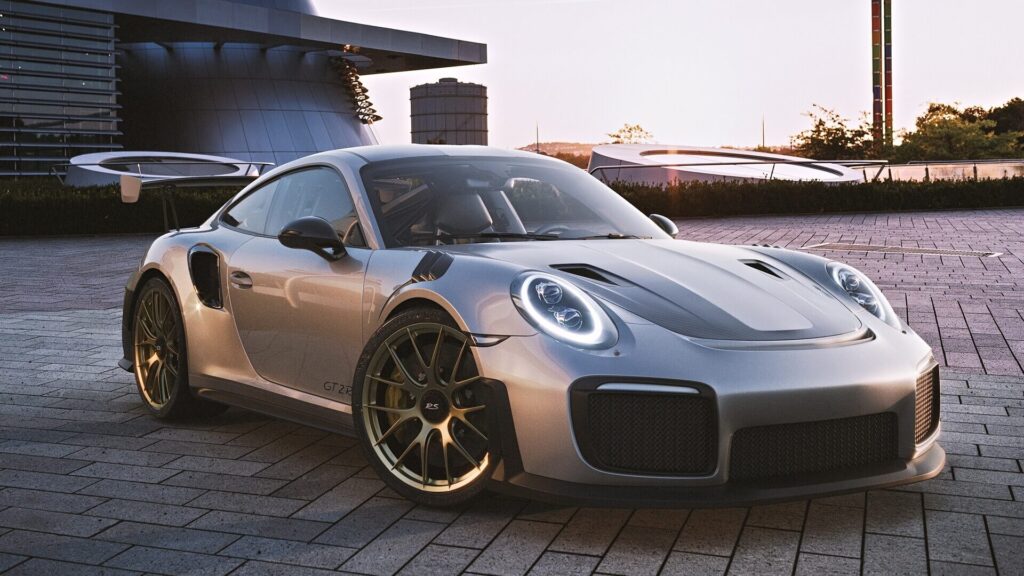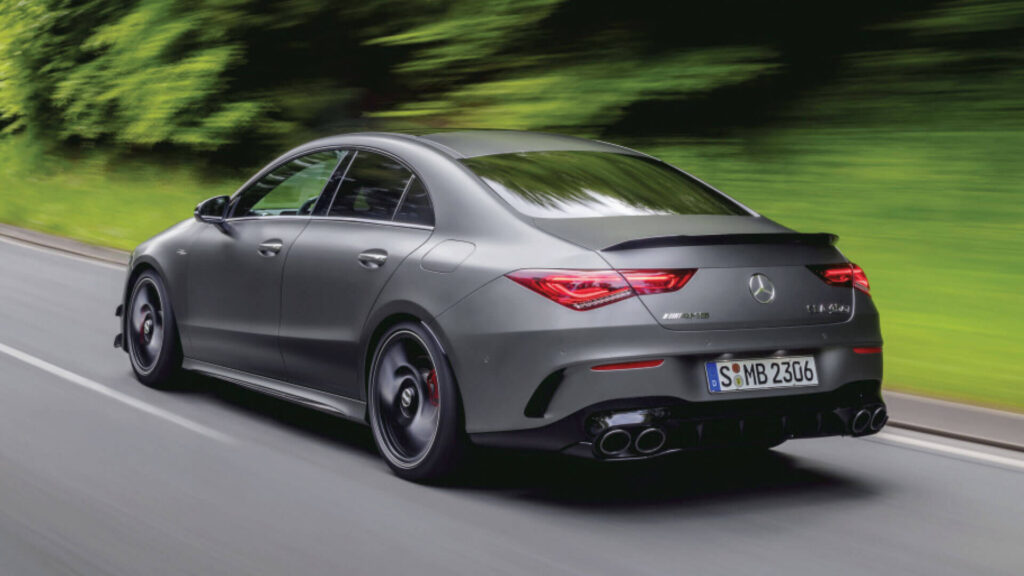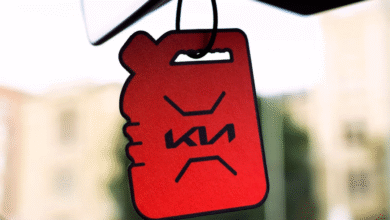Driving Dissent : Germany’s Pushback Against the EU’s All-Electric Agenda

In 2023, Germany’s leading car manufacturers—Volkswagen, BMW, — Mercedes-Benz—found themselves at odds with the European Union’s push for an electric vehicle (EV) transition, a stance that reflects deeper political and economic concerns.
The EU’s plan, which includes a phased ban on new internal combustion engine (ICE) vehicles by 2035, aims to position the bloc as a leader in climate action by reducing emissions in one of the highest-polluting industries. However, the German automotive sector, deeply intertwined with both its national economy and global markets, has reservations about this rapid shift, especially when it comes to EU proposals to place tariffs on Chinese EV imports, which the EU claims are unfairly subsidized by the Chinese government

From a political standpoint, Germany’s coalition government is divided on the EU’s timeline and approach.
The Free Democratic Party (FDP), a key member of Germany’s coalition government, advocates for technological flexibility, including allowances for synthetic fuels known as e-fuels, which are theoretically climate-neutral but require more energy to produce than charging an EV.
The FDP’s support for e-fuels reflects a desire to maintain Germany’s ICE legacy while allowing time for the nation’s auto sector to adjust to new technologies
Scholz Warns Against Protectionism : Germany Fears EU Tariffs Could Spark China Trade War”
Chancellor Olaf Scholz has also raised concerns, particularly about the EU’s probe into Chinese EV subsidies and potential tariffs.
The EU investigation could lead to new duties on Chinese EV imports as part of anti-subsidy measures designed to protect European brands from unfair competition.
Scholz, however, argues that these policies could backfire by inviting a trade war with China, a significant market for German carmakers. “The economic model I favor is to have global competition,” Scholz stated, expressing skepticism that protectionist policies would benefit Europe long-term
The German automakers’ anxiety over these policies is evident. China, where Volkswagen and other German brands have major investments, represents both a key market and a supplier of affordable EV components. If retaliatory tariffs were imposed, it could disrupt access to Chinese markets and materials, which are crucial to the production of German EVs. Scholz’s position is further complicated by memories of Japan’s entry into the European market in the 1980s, a period that initially spurred concern but ultimately saw Japanese and European brands coexist successfully. This historical perspective reinforces Scholz’s view that open markets may better serve the EU’s interests than restrictive tariffs for more information regarding this topic we invite you to check asia.nikei.com
EV Shift Challenges Mercedes as Traditional Sales Decline
Mercedes-Benz has seen a dip in sales as the global shift toward electric vehicles (EVs) accelerates. This downturn reflects challenges for the brand as consumers move increasingly toward EVs, putting pressure on Mercedes’ traditional combustion engine models. The brand is pushing to pivot towards EV production and aims to transition to an all-electric lineup by 2030. However, competition from both established and emerging EV makers, combined with the high costs of EV technology, has impacted their short-term sales and profit margins as they work to balance production costs with demand shifts in key markets like China and Europe.

Germany’s position has implications beyond its borders. Its objection to EU policy might encourage other member states with significant auto industries to question the timeline for full EV adoption, particularly where employment is tied to traditional automotive manufacturing.
Moreover, the delay and hesitation could create uncertainty within the industry itself, with some automakers wondering whether to prioritize investment in electric infrastructure or hedge bets on alternative fuel sources like e-fuels.
In short, Germany’s resistance signals a desire for a balanced approach that maintains Europe’s green ambitions while safeguarding the economic foundations of its auto industry. The EU’s response may either reshape Germany’s influence on European policy or reveal cracks in the union’s unified stance on climate goals.




